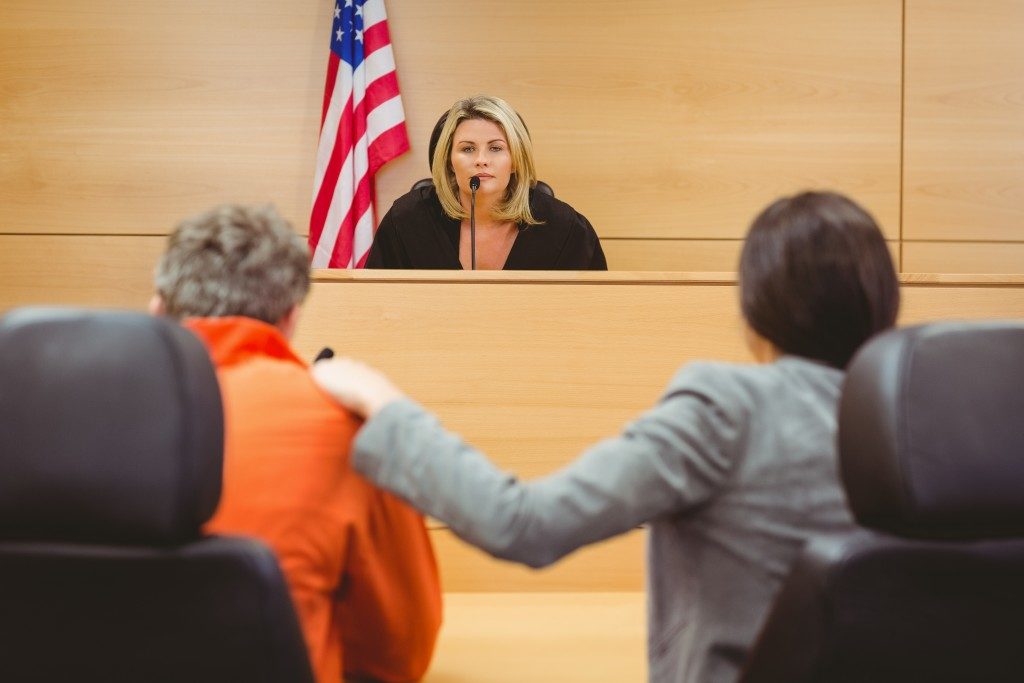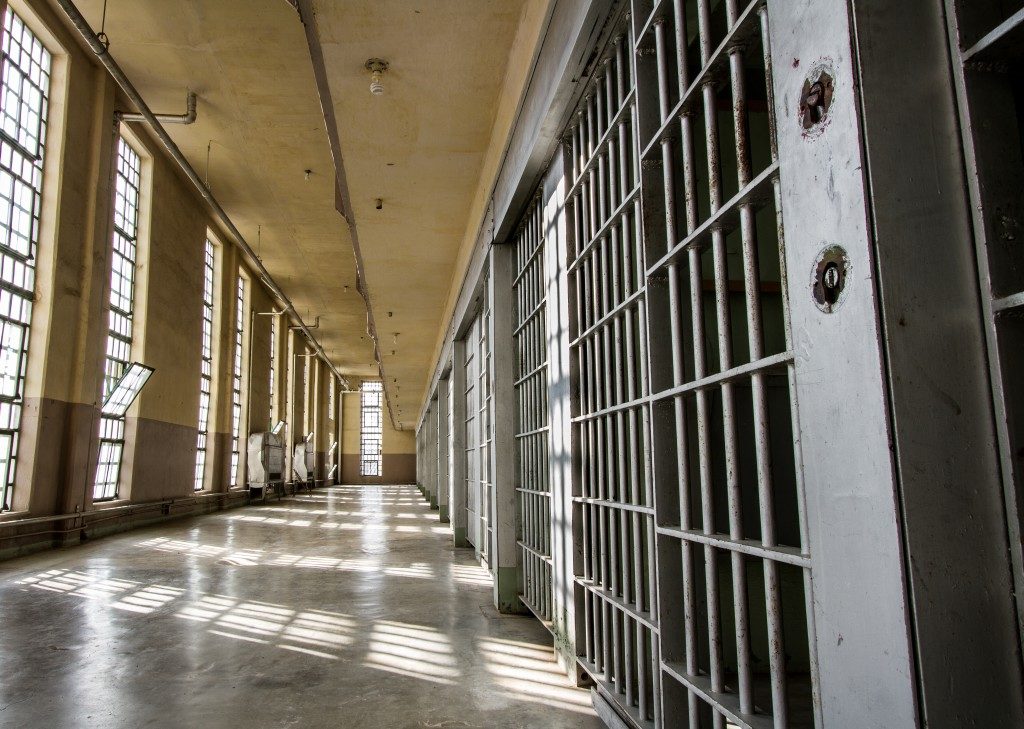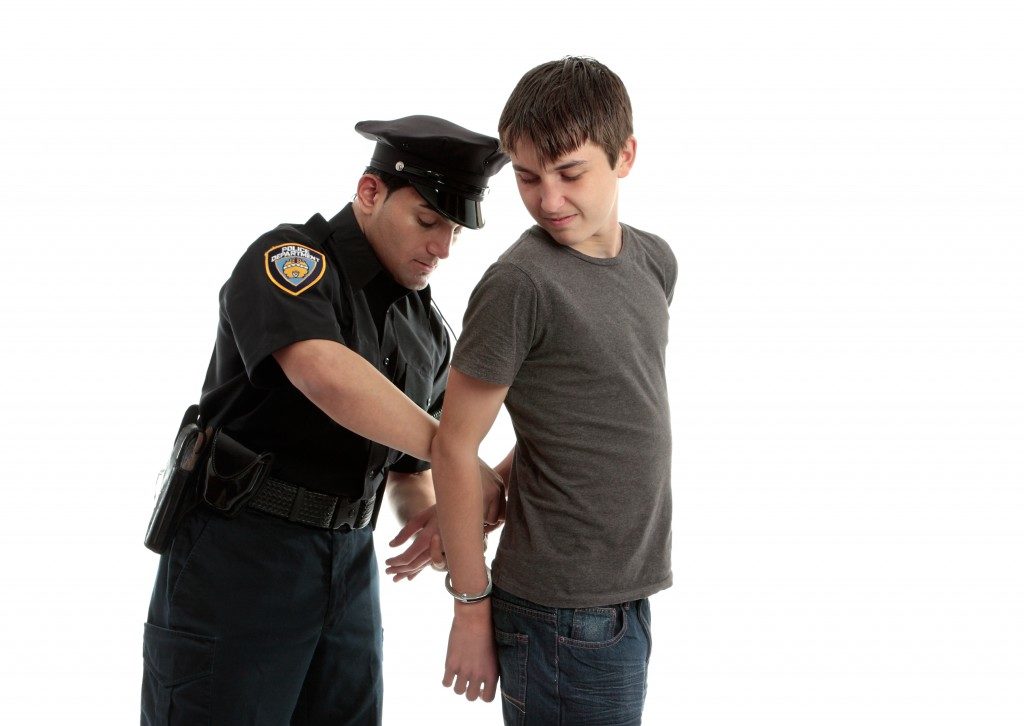No one wants to get arrested, especially not for a crime they haven’t committed. That can be a stressful experience, and it can escalate quickly if you’re not careful.
It’s important to stay calm and collected in such situations. It is also important to know your rights because if you don’t, you could just get yourself into deeper trouble.
It is important to know that you don’t have the right to argue about the reason for your arrest upon being arrested. Resisting arrest can only give the police further opportunity to press criminal charges, as it is a misdemeanor and can account for up to one year this will make it harder to get out on bail.
Your Immediate Rights If You Are Arrested
- An officer of the law is required to inform you of your right to remain silent if they ask you any questions besides your name and address.
- You are required to be told why you are being arrested and the nature of the crime you are being accused of. If you are arrested on a warrant, you have the right to see that warrant within a sensible amount of time after you have been arrested to read the warrant, check if your name is on it, and check the charges against you.
- You have the right to be told your constitutional rights.
It is best to have a lawyer with you before you say anything in front of the police.
Learn more about your constitutional rights here.
You also have the right to refuse physical and chemical tests, to an attorney with you during identification procedures, to contact someone to inform them of your arrest. You also have the right to a preliminary hearing. The Sixth Amendment guarantees you the right to a public trial as soon as possible.
Most people are incarcerated simply because they cannot afford bail. Often, depending on the charges against you, the bail is set quite high. According to the Federal Reserve, 40% of Americans could not afford a sudden $400 expense. However, there is a solution to this issue, and that is a bail bond.
In simple terms, a bail bond is a service you avail where someone else pays your bail for you if you can’t afford it yourself. These people are called bondsmen or bond agents.
Criminal Trials – How Do They Proceed?
If you opt to go to trial, things are different. Criminal cases are different from civil cases. They’re brought to court by the state, usually represented by a prosecutor whose job is to prove the defendant guilty.
Your side would be called the defense. Your lawyer will present your side of the story to the court. All defendants are innocent until proven guilty. The trial proceeds in such a manner.
Both sides give their opening statements, outlining what they are each trying to prove. Since the prosecution is responsible for evidence, they will make their case first. Then, the defense can question the prosecution’s witnesses.
After this, the defense presents its case to the court. Then, the prosecution will question the witnesses of the defense. Both parties are given the opportunity to give closing statements.
Cases are either decided by judges or juries. If the case is being decided by the jury, they will leave the courtroom to deliberate and then present their verdict to the judge. In case they find you guilty, the judge will sentence you almost immediately. However, if you’re proven innocent, you are free to go.
Civil Rights – A Comprehensive Summary
Your best strategy when getting arrested is to stay calm. Never attempt to resist arrest. Don’t forget that you have the right to know what charges are being pressed against you and read your arrest warrant in a reasonable amount of time after arrest.
You aren’t legally obliged to answer questions; it’s best to remain silent until your lawyer is with you. If bail is set too high and you can not afford it, consider opting for bail bonds. If you don’t want to do that, you have the right to a public trial as soon as possible with no delay.




